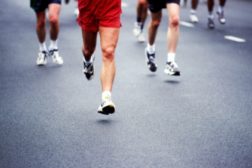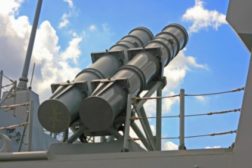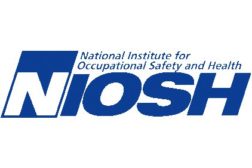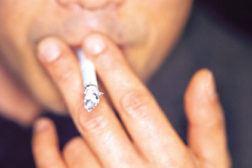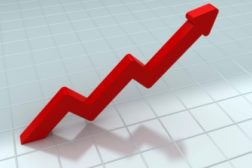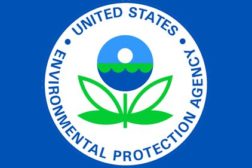Home » health
Articles Tagged with ''health''
Health experts back bill that would close tobacco tax loopholes
Tobacco use "a pediatric epidemic"
May 14, 2012
EPA ordered to hire back fired 9/11 whistleblower
Chemist warned of dust's danger to first responders' lungs
May 9, 2012
Never miss the latest news and trends driving the safety industry
eNewsletter | Website | eMagazine
JOIN TODAYCopyright ©2024. All Rights Reserved BNP Media.
Design, CMS, Hosting & Web Development :: ePublishing


